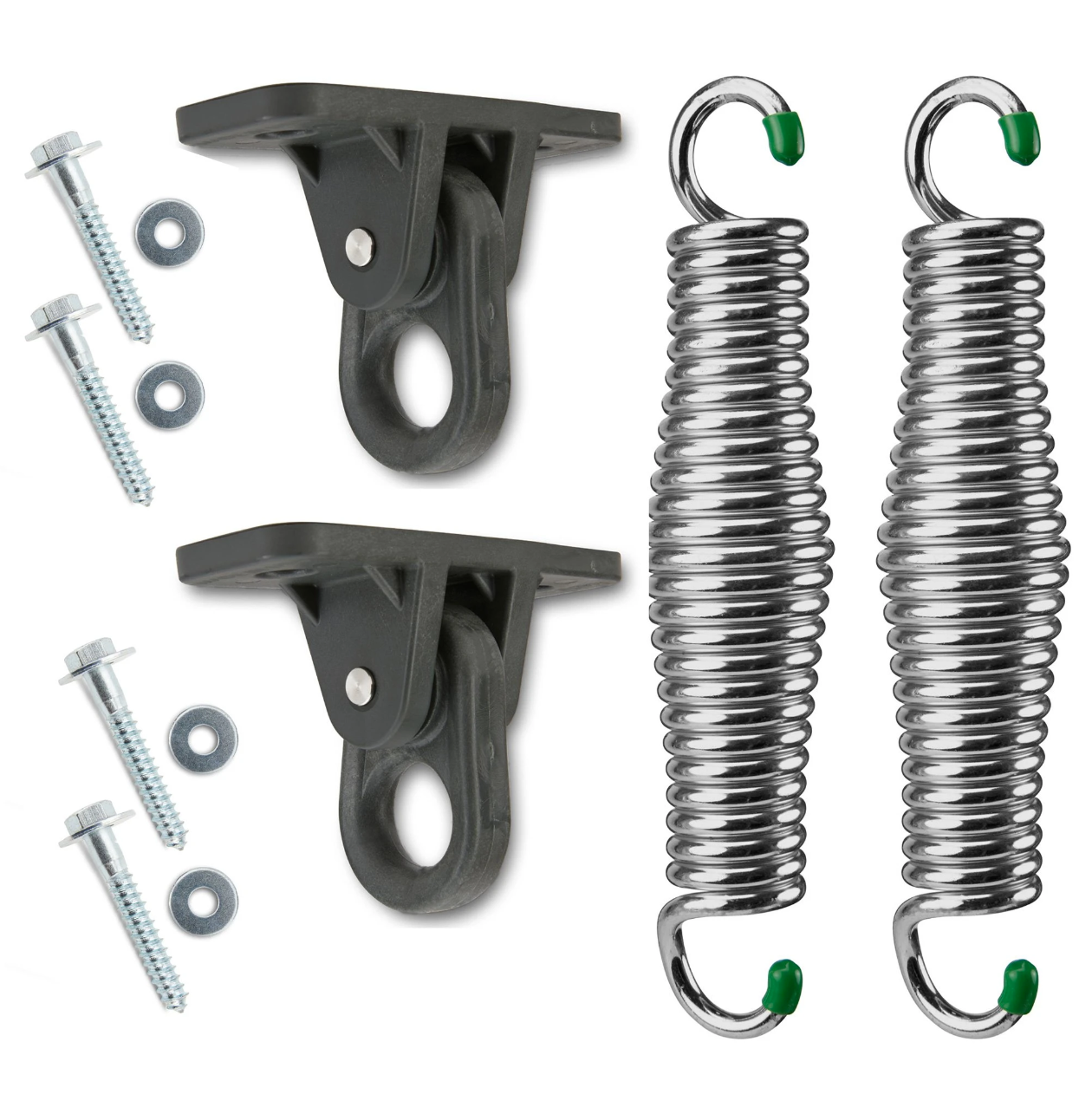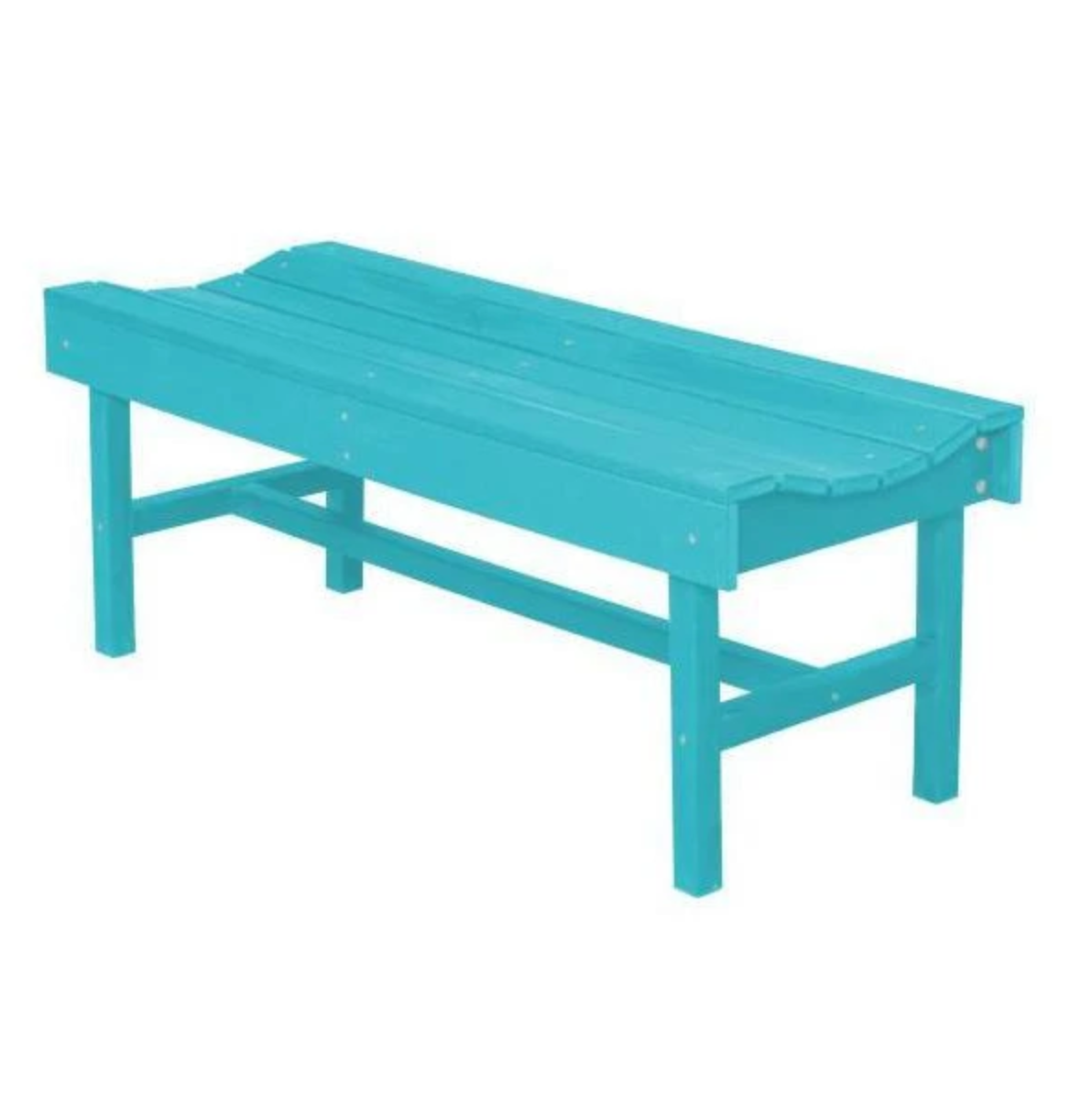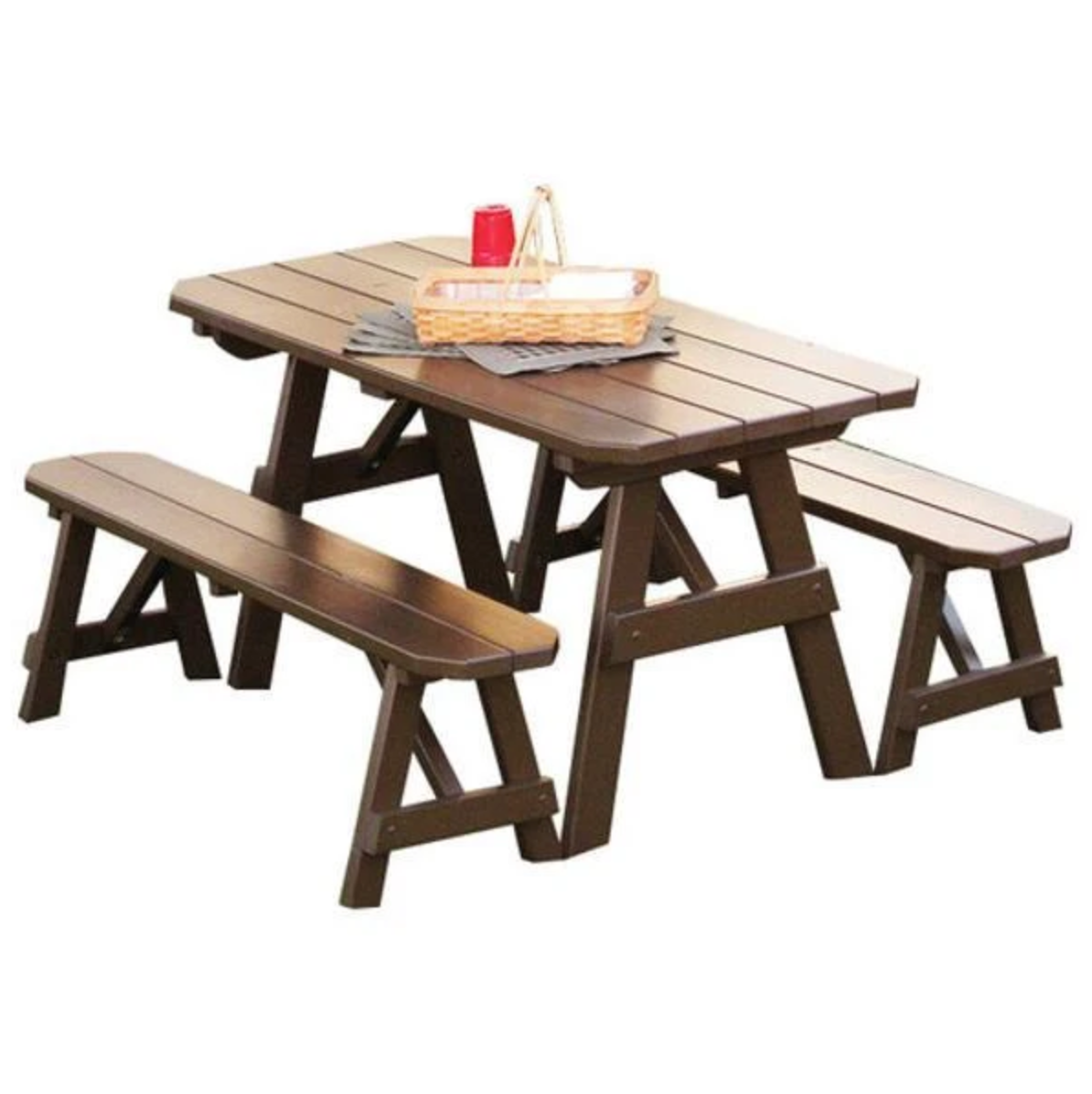Your Cart is Empty
FREE SHIPPING ON EVERY ORDER
Menu

FREE SHIPPING ON EVERY ORDER
Swings
Benches
Tables & Chairs
Home & Garden
The Strategic Evolution of Global Logistics: How Modern Supply Chains Are Changing the Way Businesses Succeed
The logistics industry is at a crossroads where old and new ways of doing things meet. Companies all over the world are learning that good logistics makes customers happier, gives them an edge over their competitors, and helps them make more money. This change has made logistics more than just a job in the back office; it's now a key part of the business that helps it grow in many ways.
People who work in logistics know that everything has to work together for it to work well. With its integrated supply chain management, worldwidelogisticsltd.com is an excellent example of it. The best companies don't just think of logistics as a support function; they think of it as a key skill. They use the newest technologies and smart partnerships to keep things running smoothly, go above and beyond what customers expect, and keep costs low.
Evolution of Global Logistics
We Have to Look at the Supply Chain in a New Way Because of Digital Transformation
To see the whole supply chain in a way that has never been possible before, modern logistics operations need real-time data analytics and full tracking systems. Today's advanced platforms combine data from many sources, like GPS tracking and warehouse management systems, to give businesses a complete picture of how they operate. This gives them time to think about what they want to do.
These linked systems help logistics companies find problems before they affect customers, make routing better in real time, and give accurate delivery estimates. Businesses that use full tracking systems say that their delivery times have gotten up to 30% better, and they have also saved money by using their resources more wisely.
To Be More Sustainable, Companies Need to Change How They Do Things
People who plan logistics now spend a lot of time thinking about how their work affects the environment. Companies are starting eco-friendly projects that are good for the environment and their profits. Route optimization software helps you use less fuel, and consolidated shipping strategies help you leave a smaller carbon footprint without sacrificing service quality.
Smart logistics companies are buying vehicles that run on alternative fuels, setting up systems that don't use paper, and working with suppliers who care about the environment. These things really resonate with today's customers and business partners, who are becoming more and more concerned about how long things will last after they buy them.
With Advanced Analytics, You Can Get the Most Out of What You Already Have
Logistics companies can better manage their resources and keep their inventory levels just right with the help of advanced forecasting systems that use predictive analytics and machine learning algorithms. These systems help them figure out when demand will be high. These tools use data from the past, seasonal patterns, and market conditions to make accurate predictions that help businesses run more smoothly.
Businesses that use advanced analytics say that their customer satisfaction scores and the speed at which they run out of stock have both gone up a lot. Logistics companies can change the number of workers they have, get more transportation capacity, and make sure that service delivery is always the same by knowing when demand will be highest and when there might be delays.
Integrated Technology Makes It Easier to Use More Than One Kind of Transportation
All kinds of transportation, like ocean freight, air cargo, ground transportation, and last-mile delivery, need to work together perfectly for modern logistics to work. Advanced integration platforms connect different systems, making it easy to switch between carriers and ways of getting around.
This use of technology helps people talk to each other better, which used to lead to mistakes and delays. Automated data sharing between partners lets everyone see how a shipment is doing right now. This makes the information more accurate and reliable, and it means that people have to do less work to coordinate.
Talking to Customers Is One Way to Improve Service
People who buy things from you now want to be able to talk to you and get updates on their order while it's on its way. Automated notification systems are used by modern logistics companies to let customers know when their packages will be picked up, how long they will be in transit, and when they will arrive. Customer service teams don't need to help these systems.
These ways of talking to each other make people happier and cut down on the number of questions customers have. The Council of Supply Chain Management Professionals says that businesses that use proactive communication strategies keep more customers and get 25% fewer complaints than those that use traditional methods.
Automating Warehouses Speeds Things Up and Makes Them More Accurate
Automated warehouse systems like robotic picking systems and AI-powered inventory management are changing the way fulfillment works. By reducing mistakes, speeding up processing, and allowing operations to run around the clock, these technologies make the supply chain more flexible.
Logistics companies can also learn a lot about how their inventory moves with smart warehousing solutions. This helps them make better use of their storage space and speed up the picking process. Companies that use robots in their warehouses say that their orders are more accurate and take less time to fill.
Strategic Partnerships Help Businesses Reach More People All Over the World
Smart logistics companies know that they can offer a full range of services without spending a lot of money if they work with other companies in smart ways. By teaming up with other service providers whose services complement their own, logistics companies can reach more places, improve their service capabilities, and offer customers complete solutions.
These partnerships need advanced coordination systems and shared performance metrics to make sure that all network partners offer the same level of service. The best logistics networks see their partnerships as strategic assets that need to be managed and invested in all the time.
Putting Money Into Technology to Make Sure the Future Is Bright
The logistics industry is still changing quickly, and new technologies like blockchain documentation, Internet of Things sensors, and self-driving cars are going to change things even more. The International Association of Movers says that companies that buy technology platforms that can grow and change their business models are in a good position to use new technologies in the future.
Companies that are ahead of the game in logistics are also investing in their employees' training and development. These programs prepare their teams for new technologies while still keeping the personal touch that makes great service stand out. Having both skilled workers and the newest technology gives you an advantage that your competitors can't easily copy.
As global trade gets more complicated and customers want more, logistics excellence will become even more important. The industry will need companies that are open to new ideas and make sure their operations are reliable in order to be successful in the future.
Also in News
US
United States
Feb 13, 2026 18:55
Product Tag :
Product Collection :
×


















































